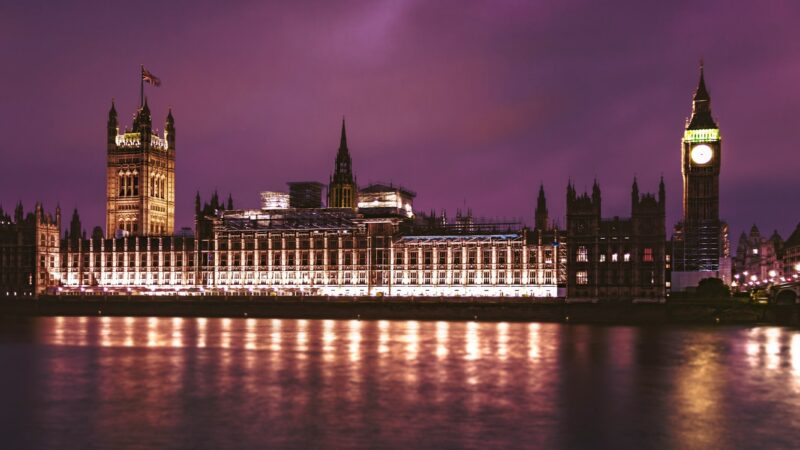How did we get here, and where do we go? A lot of modern political questions can be summarised in those two simple questions. Our cultural and political zeitgeist has possibly become the equivalent of going out for a quick pint and realising sixteen hours later we have woken up on a flight to Mexico.
This literal cultural hangover event merely asks up to beg the question of where we go from here, now that everything has happened prior to our sleep walking and into the current awakening.
Legally, we might be more at home in Terry Gilliam’s ‘Brazil’, or One Flew over the Cuckoo’s Nest, in being trapped within a world that both defies logic or order. A world ran by malicious people, albeit far too stupid to be truly Orwellian Big Brother figures.
As noted by Nicolás Gómez Dávila’s book Sucesivos Escolios a un Texto Implícito:
“Dying societies accumulate laws like dying men accumulate remedies.”
If such things are true, then how do we stop the accumulation? Are societies, as they get further complex and interconnected into themselves and the outside world, doomed to merely breakdown under their own weight? Do we end up investing more energy into systems with greater diminishing returns, until the project itself collapses (Joseph Tainter makes this argument in his book ‘The Collapse of Complex Societies’).
Alternatively, is collapse merely something that occurs when a nation or civilisation loses the fire it once had, and the cracks begin to show? Do we physically lose the will to continue with the same drive and passion that our predecessors had, or do we merely just burn out like Wang Huning often pondered?
Where are the get out of jail free cards, the mechanisms to stop the damage, how do we stop this strange death from approaching?
We often see images of political leaders placing their hands on religious texts, and then stating that they will protect the law of the land and uphold the constitution or whatever. This is nearly always a lie when you have people who neither understand nor respect the original foundations which the nation sprung from.
It was Edmund Burke that said society is a contract between the dead, the living and those yet to be born, and civilisation is an intergenerational struggle between the civilised adults and the little barbarians they have given birth too.
You just must domesticate them before the little barbarians become big ones. This social contract and corresponding obligations are not peer pressure from dead people, but an active handing of cultural responsibility in a civilisational relay race of life.
So, how do we remove these laws? The formation of which will only further hinder future generations. One idea is that of a constitutional reset clause being placed into the political framework of a country. A reset clause would allow for directly examining the new laws that have come into place over the course of every generation. This would allow for a new political class of individuals to look at what has occurred and decide what to do with it all.
With a typical generation being between twenty to thirty years, and twenty-five being in the middle (also fits well for being a quarter of a century), this could be a good way to start. We can take an original constitutional document like the United States Constitution. It is simple, codified, and adheres to higher values for what is expected of both citizenry and government.
Instead of feeling like original documents merely get chipped away with the passage of policy and time, such actions will help people to regularly reassess the direction we are going in. We start at a neutral original document point and let people naturally add further to the document, after twenty-five years we look at what has occurred and assess what has happened previously. The reassessment will allow people to critically examine what has happened and what laws we really need and what needs to be let go.
I sometimes fear we slowly walking into a South Africa-like situation, where we find ourselves with a constitutional document that does not benefit anyone; burdened with laws that only create issues for everyone down the line.
As a result, the problem with South Africa is that it eventually started looking like South Africa, we do not want this nor benefit from this if we continue down this path.
Until this happens one thing is certain, the slow progress of not just time but also law will eventually create a multigenerational leviathan that will ultimately have to be stopped, if left unchecked.
We could pick a date as a proverbial year zero, of which the original laws always remained, and you would then let it play out.
Although, the practicality of such ideas will never get off the ground, hypothetically we should be constantly examining the accumulation of laws and the quality of them moving forward.
In conclusion, what this might mean is that we must reform how we think and view law within our countries and the accumulation of it all. Are we slowly walking into a bureaucratic nightmare and if so, how do we escape from such problems, well and truly?
Enjoying The Mallard? Subscribe to our print magazine!



